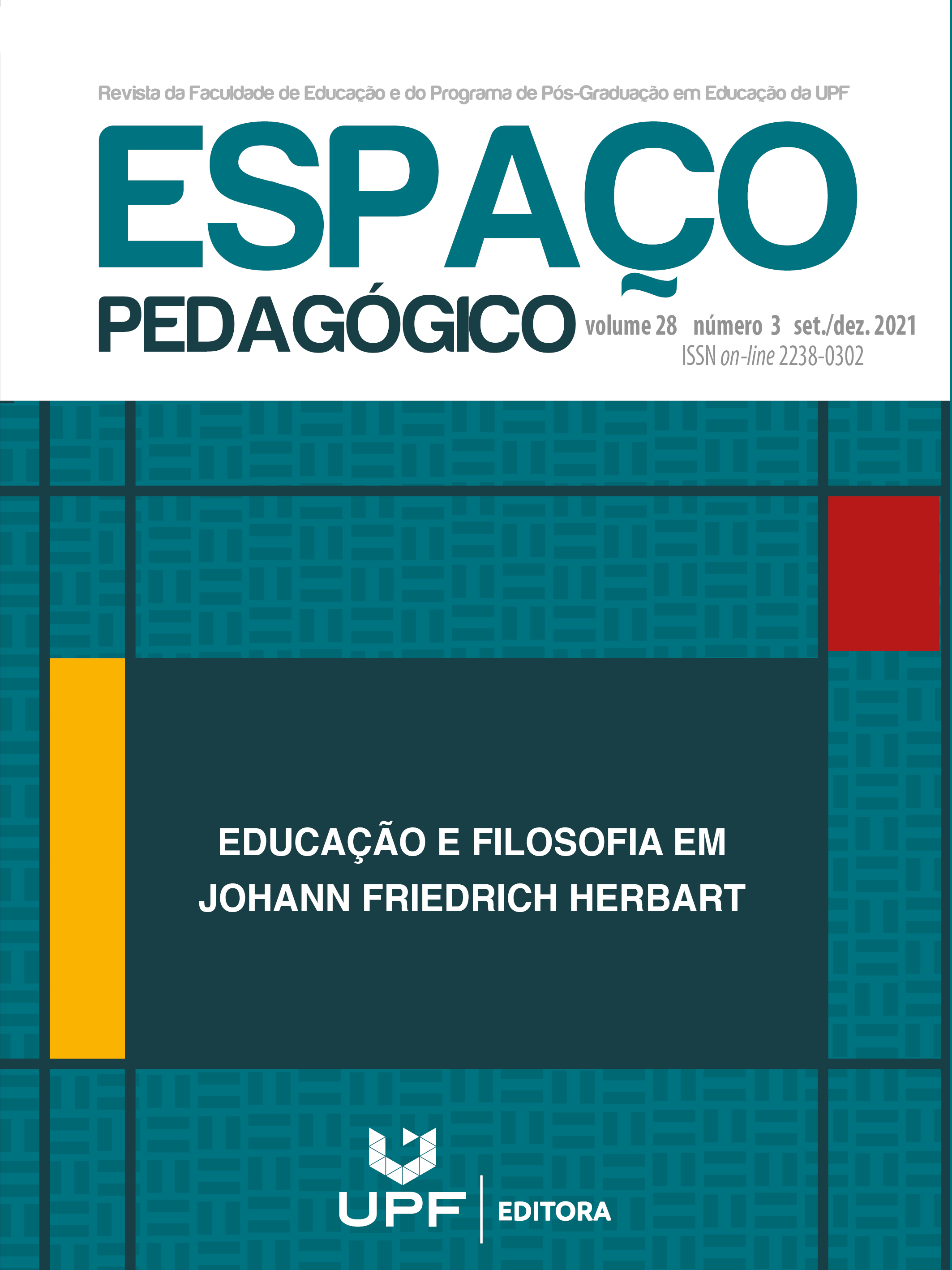Ethics of alterity: implications of non-presentiality in distance education
DOI:
https://doi.org/10.5335/rep.v28i3.11781Keywords:
Educação a Distância, Alteridade, Não-presencialidadeAbstract
This article aims to analyze the possible implications of non-presence in the constitution of otherness as a foundation of ethics in distance higher education processes. The theory of the philosopher Emmanuel Levinas serves as an anchor for this research based on the concept of alterity, infinite and transcendent, manifested in the epiphany of the Face. The face-to-face relationship between human beings breaks the totalizing character of the relationship of indifference and intolerance and opens the way for a new I-Other relationship that fully considers alterity, respecting differences. The methodology used is of a qualitative nature and is characterized as a theoretical, bibliographic study, with a critical interpretative approach. It was possible to verify that the non-presence, has implications for the constitution of otherness as an ethical foundation of distance higher education processes, associated with intersubjective relationships, between teachers and students. Thus, it is considered that the original bodily relationship, prior to non-presence, is a possibility to provide some rostity, even if it is only initial.
Este artículo tiene como objetivo analizar las posibles implicaciones de la no presencia en la constitución de la alteridad como fundamento de la ética en los procesos de educación superior a distancia. La teoría del filósofo Emmanuel Levinas sirve de ancla para esta investigación basada en el concepto de alteridad, infinita y trascendente, manifestada en la epifanía del Rostro. La relación cara a cara entre los seres humanos rompe el carácter totalizador de la relación de indiferencia e intolerancia y abre el camino a una nueva relación Yo-Otro que considera plenamente la alteridad, respetando las diferencias. La metodología utilizada es de carácter cualitativo y se caracteriza por ser un estudio teórico, bibliográfico, con un enfoque interpretativo crítico. Se pudo constatar que la no presencia, tiene implicaciones para la constitución de la alteridad como fundamento ético de los procesos de educación superior a distancia, asociados a relaciones intersubjetivas, entre docentes y estudiantes. Así, se considera que la relación corporal original, previa a la no presencia, es una posibilidad de proporcionar cierta rostidad, aunque sea solo inicial.



